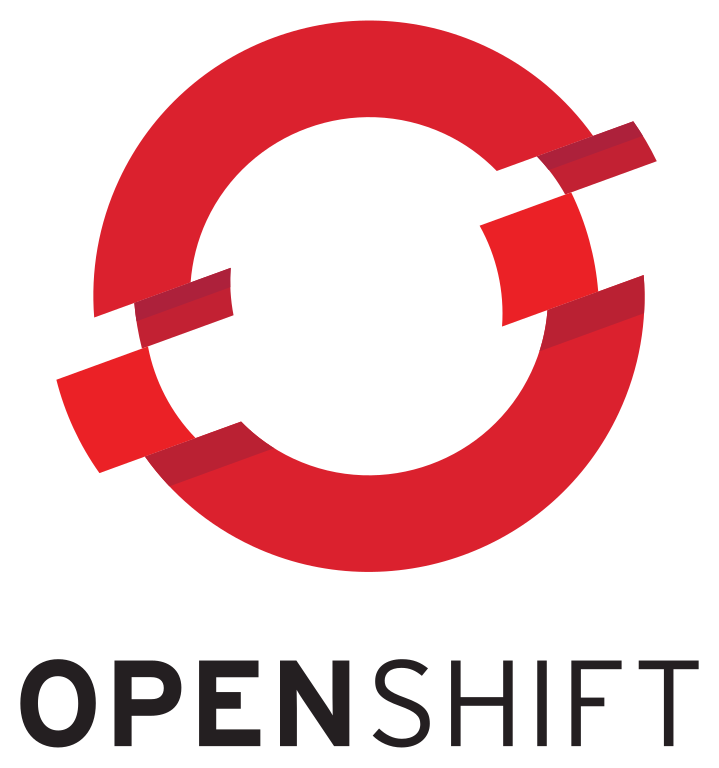
OpenShift Origin (OKD) 3.11 on a single node while using RHEL 7 can be a bit different than the CentOS 7 install. In this article I will cover those instructions. We will assume you have installed the latest version of RHEL 7 on your node that you will be deploying on.
From there you will want to log in and update the system after enabling the repos we need.
sudo subscription-manager repos --disable "*"
sudo subscription-manager repos --enable=rhel-7-server-rpms --enable=rhel-7-server-extras-rpms
sudo yum update -y
Next we will install the dependencies we need to continue followed by a reboot.
sudo yum install -y python3-pip python-devel git && sudo yum group install -y "Development Tools" && sudo reboot
Now that we have our dependencies installed and our system up to date we will want to clone the openshift-ansible install from github.
git clone https://github.com/openshift/openshift-ansible
cd openshift-ansible
git checkout release-3.11
Now we will install the python dependencies using pip we installed earlier.
sudo pip3 install -r requirements.txt
Finally we run the two playbooks needed to deploy the standalone 3.11 version of OpenShift on RHEL 7.
sudo /usr/local/bin/ansible-playbook -i inventory/hosts.localhost playbooks/prerequisites.yml
sudo /usr/local/bin/ansible-playbook -i inventory/hosts.localhost playbooks/deploy_cluster.yml
Enjoy your OpenShift Origin 3.11 test environment on RHEL 7!